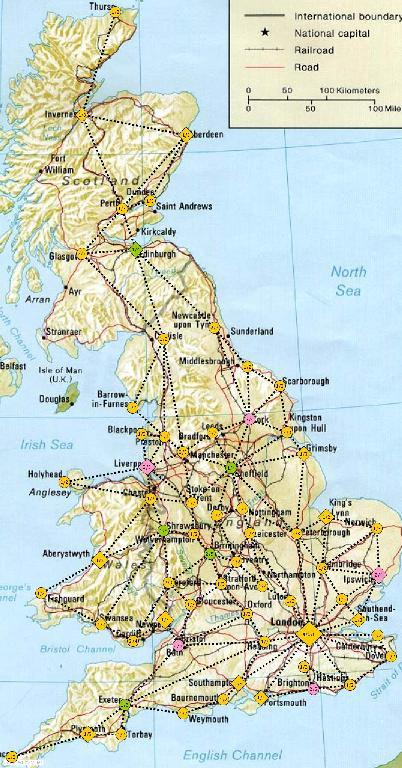The most valuable thing about a share is not how much money it will make, but how it will change the incentive pattern among the remaining players.
The second most valuable thing about a share is the degree to which it makes a company viable (early game).
The third most valuable thing about a share is the revenue it may/will generate.
If you own shares in the company that the player to your right holds, you want that company to reach Chicago more than the player who holds shares in a company that the player to their left also holds shares of.
The mine and forest fields are excellent ways to devalue companies you are not invested in: just cut them off and make it impossible for them to reach Chicago.
Don’t forget Detroit.
No company has to reach Chicago. Sometimes none of them will.
Choosing actions and then doing nothing can be a useful way of controlling the game length.
Time the Wabash and control incentives carefully. It can be a very profitable company. Or not.
It is up to you to ensure that the incentive structures of each other player aligns with your personal pursuit of victory. Partnerships are a wonderful thing. A 2/2 split of the B&O is a beautiful thing. Or not. A 2/2 split of the NYC can be even better. Or not. A 1/1 split of the Pennsylvania is highly unstable.
Use stock dilution to find and break partnerships.
Wabash games are won not through accurate bidding or careful ROI control but by establishing positions such that the other players, through their own greedy self-interest help you win using their actions on their turn.
Track individual earning rates versus cash holdings. Typically one player will have a much higher income than the others, but lower cash holdings. Whether the game ends with this general dividend or the next will dictate who wins.
A typical game length is between 3 and 5 general dividends (inclusive).
Also posted to BGG.
